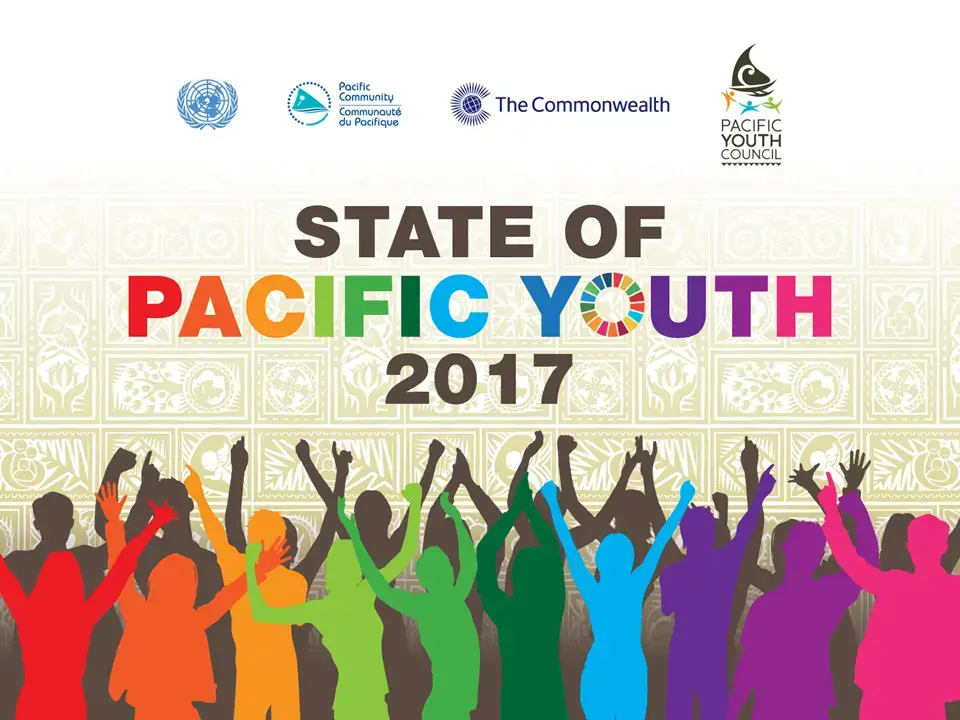The State of Pacific Youth (SOPY) report is fourth in the series of SOPY reports, which span almost two decades. The SOPY has become an authoritative situation analysis on youth development across Pacific island countries and territories (PICTs). Previous reports were published in 1998, 2005, and 2011.
This latest report provides a stocktake of progress across a broad range of development issues and attempts to analyse any significant changes that have taken place in the period since 2011, including the uptake of recommendations made in the previous report. It is built around a conceptual framework of Pacific youth development, which includes five key domains: i) health and wellbeing, ii) education and learning, iii) employability and employment, iv) civic and political participation, v) protection and safety, and gender equality and disability as cross-cutting themes.
SOPY report provides recommendations on ways to strengthen policies and programming at the regional and country levels. The intended audience of this report includes policy makers in government, regional bodies, international agencies, NGOs, and young people themselves.
As with previous reports, this SOPY report draws upon available data. However, this report differs from previous reports by developing a conceptual framework and suggested indicators that can support a more systematic approach to monitoring youth development across the Pacific region. Thus, this edition of SOPY report involves a strong focus on obtaining relevant quantitative data and is, as a consequence, more data-focused than its predecessors. The hope is that this will provide a platform for evidence-based policy making and the monitoring of youth development across the Pacific region. It is further hoped that the data obtained and analyzed will help make a better case for investing in young people, including the identification of priorities for resource allocation.
SOPY Report is a product of collaborative work by the members of the UN Pacific Regional Youth Theme Group (namely ILO, UNDP, UNESCO, UNFPA, UNICEF, UN Women, and WHO), the Pacific Community (SPC), the Pacific Youth Council (PYC), and the Commonwealth Secretariat.


